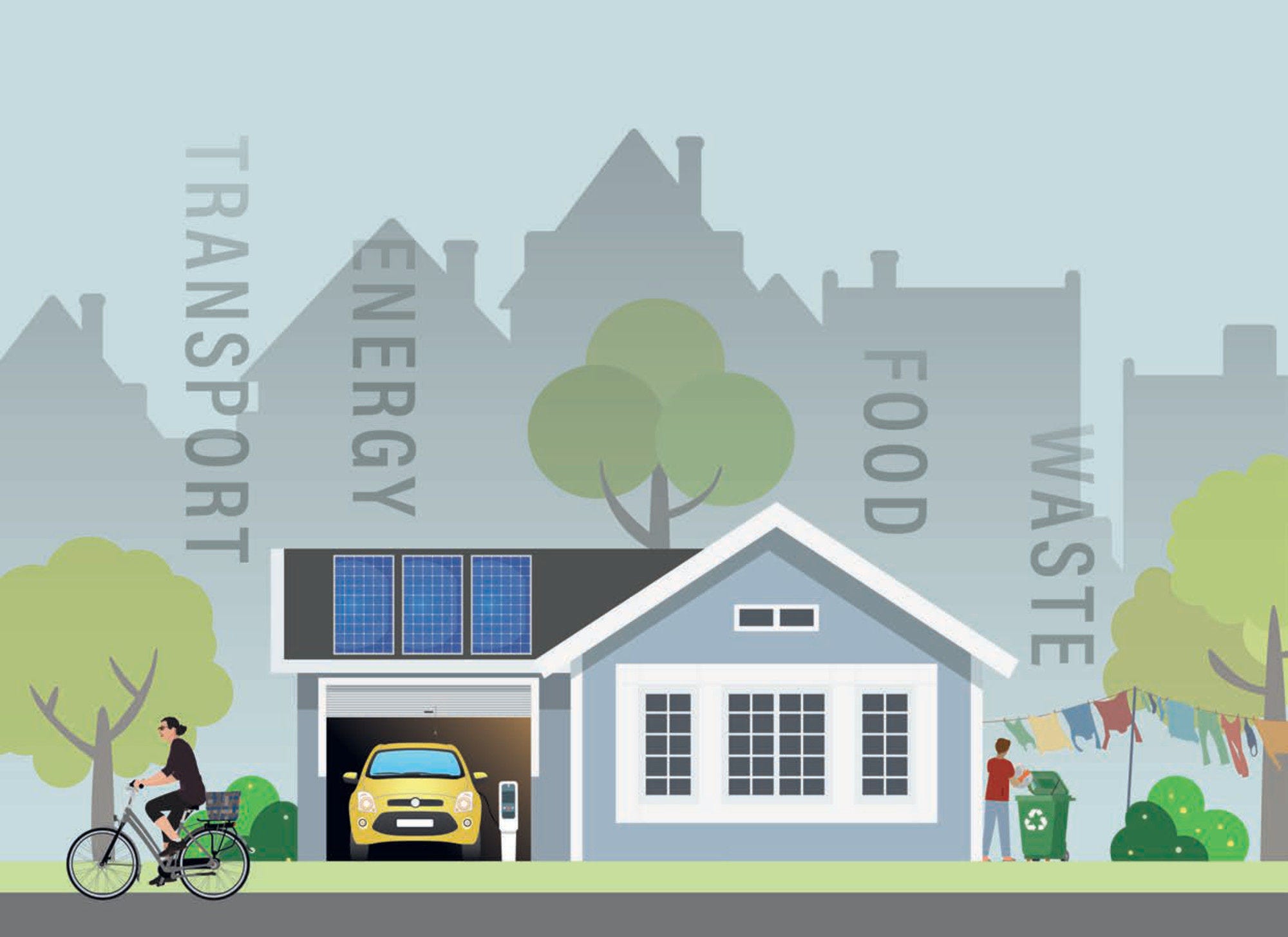This report provides an overview of the third round of the OECD Environmental Policies and Individual Behaviour Change (EPIC) Survey. It was implemented in 2022, following similar surveys in 2008 and 2011. The survey records attitudes and behaviour related to the four areas considered in the survey: energy use, transport, waste practices and food consumption. Further, it records the socioeconomic characteristics of respondents and households, as well as the characteristics of their residence and residential location. It also includes questions that focus on the policy factors influencing household behaviour, such as the use of economic incentives (e.g. waste charges, subsidies for investing in energy efficiency equipment) or information (e.g. energy efficiency of appliances, organic food). As such, the report provides unique insights into households’ knowledge and perceptions about environmental issues and their reported actions and barriers to making more sustainable choices.
While emphasis has been on allowing for comparability across the three rounds of the survey, refinements to a number of questions were needed in order to reflect developments that have taken place since the last round was implemented in 2011. Examples include technological innovations that have altered the landscape of possible options for consumers, impacts arising from the COVID-19 pandemic, and increased policy interest in some topics (e.g. food waste).
A novelty of the third round of the EPIC Survey is the inclusion of discrete choice experiments in each of the four thematic areas covered. The discrete choice experiments ask respondents to make hypothetical choices between different policy measures by selecting a preferred alternative from a menu of options, which will be analysed in subsequent work. The full survey is available in Annex A.
